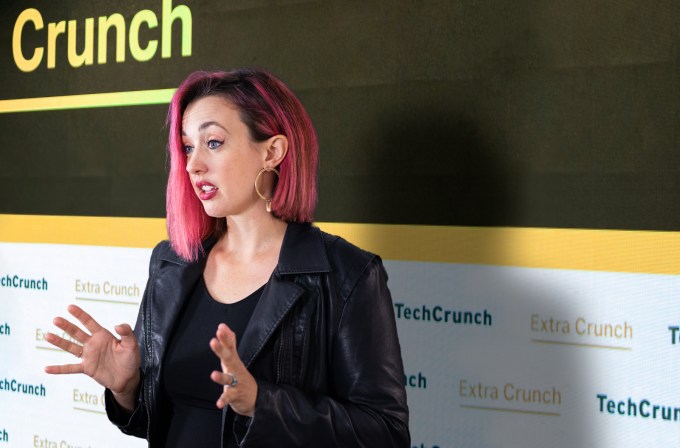Here’s another edition of “Dear Sophie,” the advice column that answers immigration-related questions about working at technology companies.
“Your questions are vital to the spread of knowledge that allows people all over the world to rise above borders and pursue their dreams,” says Sophie Alcorn, a Silicon Valley immigration attorney. “Whether you’re in people ops, a founder or seeking a job in Silicon Valley, I would love to answer your questions in my next column.”
Extra Crunch members receive access to weekly “Dear Sophie” columns; use promo code ALCORN to purchase a one- or two-year subscription for 50% off.
Dear Sophie,
My startup is desperately recruiting, and we see a lot of engineering candidates on H-1Bs. They’re looking for H-1B transfers and green cards. What should we do?
— Baffled in the Bay Area
Dear Baffled,
Yes, you should absolutely sponsor international talent for green cards! Listen to my podcast in which I discuss how to hire international professionals who are already in the United States by transferring their H-1B visa and using green cards as a benefit to attract and retain them.
The severe shortage of tech talent currently in the U.S. is prompting professionals to negotiate better compensation packages, and companies are increasingly using green card sponsorship as a benefit to attract and retain international talent.
Green card sponsorship as a benefit
Companies need to offer green card sponsorship to remain competitive. In fact, Envoy’s 2021 Immigration Trends Report found that 74% of employers said they have sponsored an individual for permanent residence (a green card), which is the highest percentage in the six years Envoy has asked this question in its annual survey. Rather than waiting until the last possible moment to sponsor an H-1B visa holder for a green card, 58% of employers say they are starting the process with the employee’s first year at the company on an H-1B visa. Most employers — 96% — said that sourcing international talent is important to their company’s talent acquisition strategy.

Image Credits: Joanna Buniak / Sophie Alcorn (opens in a new window)
Sponsoring international talent for a green card is a way for companies to show they invest in and prioritize their employees and are willing to make a long-term commitment to a prospective employee. Employers can further distinguish themselves by offering to cover expenses for green card applications for a spouse and children, as well as a work permit application for a spouse.
Employers should also consider paying for an employee’s marriage-based green card as a third-party payor, particularly since marriage-based green cards take about one-third of the time and one-third of the investment compared to employment-based green cards. What’s more, most marriage-based green cards are not subject to annual quotas.
H-1B transfers are most common right now
Because most U.S. embassies and consulates abroad remain closed for routine visa processing due to COVID-19, most employers are hiring international talent who are already in the United States on an H-1B sponsored by another employer. In these situations, an employer must file for an H-1B transfer for the prospective employee. Take a look at a previous Dear Sophie column for more details on the H-1B transfer process.
The questions that employers ask me most often about the H-1B transfer process include:
Comments
Post a Comment